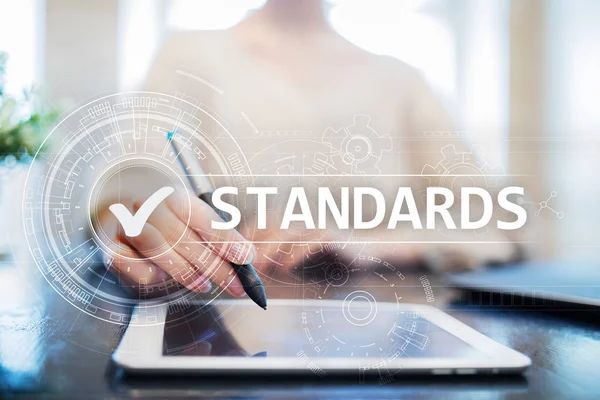
Challenges and Solutions in Adopting ISO Certifications
Taking the leap to adopt ISO certifications can be a bit of a puzzle, fraught with challenges. Let’s delve into some common difficulties and potential solutions businesses might encounter during this process.
First off, there’s the challenge of understanding the requirements. Every ISO standard is unique and comes packed with its own set of detailed instructions. It can feel overwhelming trying to make sense of all these guidelines! But don’t worry – it’s not insurmountable. Enlisting expert help or investing in an experienced consultant can smooth out this learning curve.
Then there’s the hurdle of integrating new processes into existing operations. This isn’t child’s play – it requires time, effort, and careful planning. A clear strategy that outlines how to implement changes step-by-step may prove beneficial here. Involving employees from different levels within your organisation will also ensure a smoother transition.
The cost factor is another concern that often rears its head. Implementing ISO standards isn’t exactly cheap – it involves training costs, hiring consultants, auditing fees and more. However, viewing this as an investment rather than an expense might shift perspectives somewhat. After all, obtaining these certifications can lead to improved efficiency, reduced waste and increased customer confidence; factors which could potentially boost profitability in the long run.
Lastly but importantly: maintaining certification over time – you know what they say about Rome? It wasn’t built in a day! Similarly, maintaining certification demands continual effort and commitment even after achieving initial success. Regular audits are necessary to ensure ongoing compliance with standards.
To wrap things up: while adopting ISO certifications can present several challenges along the way (from understanding requirements to managing costs), they’re hardly unbeatable obstacles on your road to success! By engaging an experienced consultant, involving employees at various organisational levels and viewing associated costs as investments for future gains, these difficulties become much easier to overcome.
Conclusion: Future Directions for Quality, Safety and Sustainability
Looking ahead, I believe that the integration of ISO 9001, 45001 and 14001 will play a pivotal role in shaping the future of quality, safety and sustainability. With businesses becoming increasingly aware of their social responsibilities, these standards offer an effective framework to embed responsible practices within their operational strategies.
I’ve observed that organisations implementing these standards often experience improved risk management and business efficiency. Not only do they provide a robust approach to managing potential hazards but they also enhance reputation by demonstrating commitment to sustainable practices.
There’s no denying the looming environmental crisis we’re facing globally. By adopting ISO 14001 – which emphasises on minimising environmental harm – companies can contribute significantly towards mitigation efforts. It’s a clear win-win scenario; businesses protect our planet while improving their bottom line.
Adherence to ISO 45001 is just as crucial in this interwoven landscape of business needs and societal expectations. Risk assessment, hazard identification and preventive measures are at the heart of this standard; it ensures workplaces remain safe havens for employees.
In summary:
- The convergence of ISO 9001, 45001 and 14001 can bring substantial benefits to businesses.
- These include enhanced risk management, increased efficiency and stronger reputation.
- Businesses adopting these standards can play a significant role in tackling global challenges such as climate change.
- Ensuring workplace safety through adherence to ISO 45001 is now more important than ever.
With these points in mind, my expectation is for these standards to become even more prevalent in future business planning strategies. Committing to quality, safety and sustainability isn’t merely about ticking boxes anymore – it’s about creating value for all stakeholders involved.
Want to know how DConsult can help you achieve certification success? darran@dconsult.com.au
